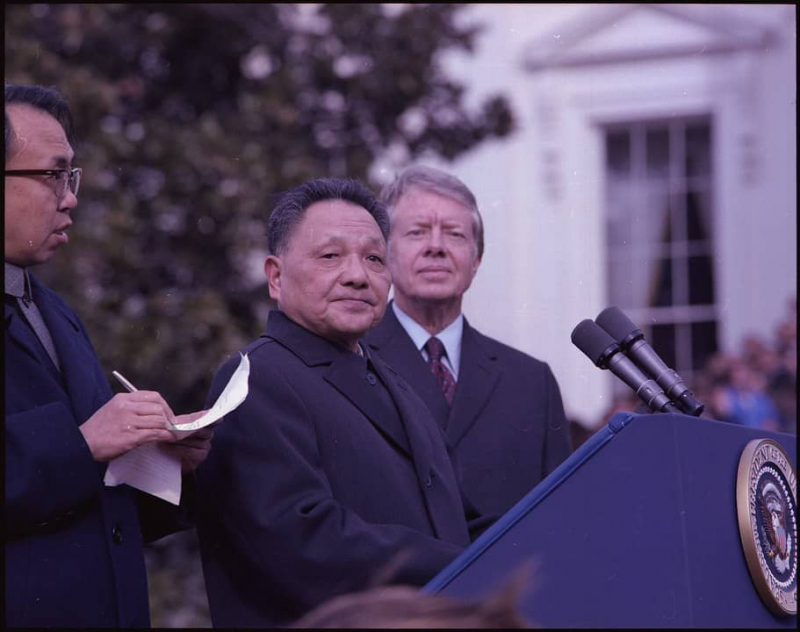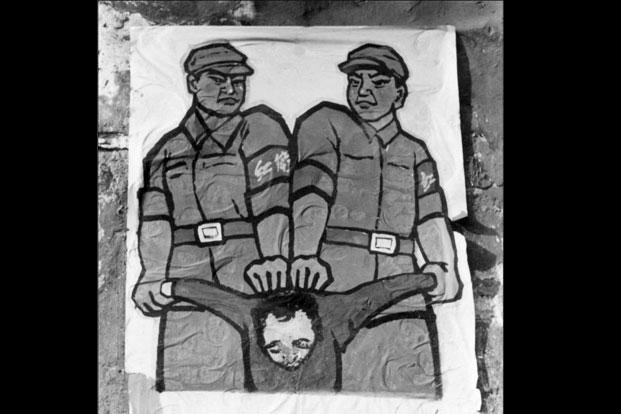Between 1977 and 1979, Xiaoping resumed a number of things that had been interrupted by the Cultural Revolution
Following Mao's passing in September 1976, Deng defeated Hua Guofeng's nominee for president and took over as de facto leader of China in December 1978 during the Fifth Plenary Conference, the third meeting of the 11th Central Executive Committee. After inheriting a nation plagued by institutional unrest and opposition to Communism as a result of the erratic political movements of the Mao era, Deng launched the "Bolduan Fanzheng" campaign to gradually restore order.
The National University Entrance Examination, which had been put on hold for ten years due to the Cultural Revolution, was resumed under Xiaoping's leadership between 1977 and the beginning of 1979. He also started China's Reform and Opening program and established special economic zones. Plans included the start of the month-long Vietnam-China War and Shenzhen.
The People's Republic of China and the United States established diplomatic ties on January 1, 1979, and Deng was the first Chinese supreme leader to travel to the country. By establishing constitutional term limits for government officials and making other systematic changes in August 1980, Deng started a series of political reforms that were included in China's third Constitution in 1982.







